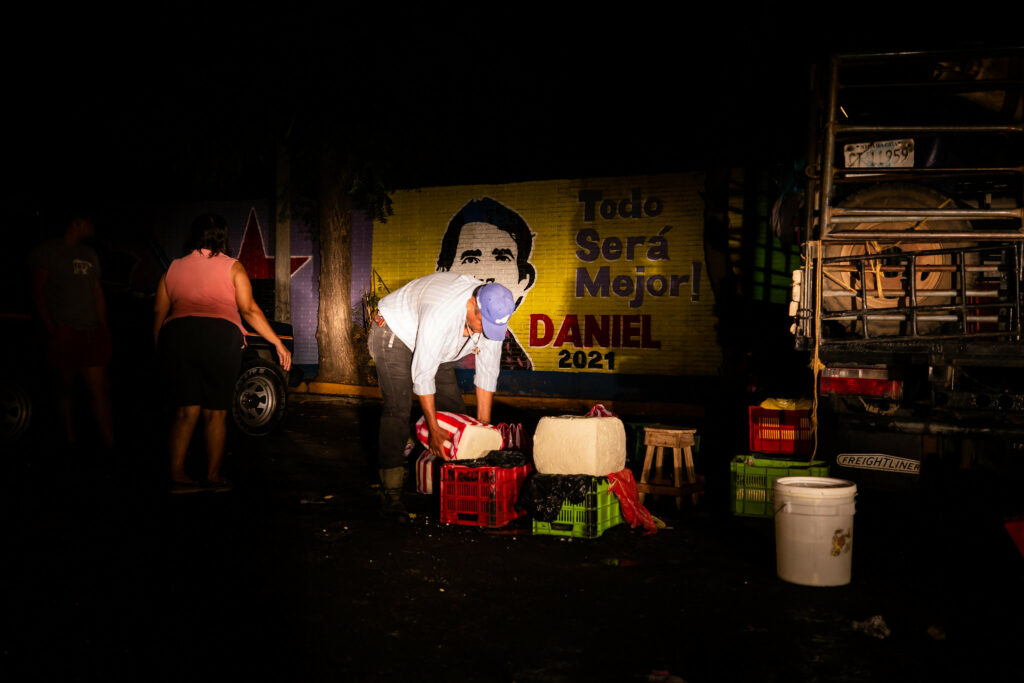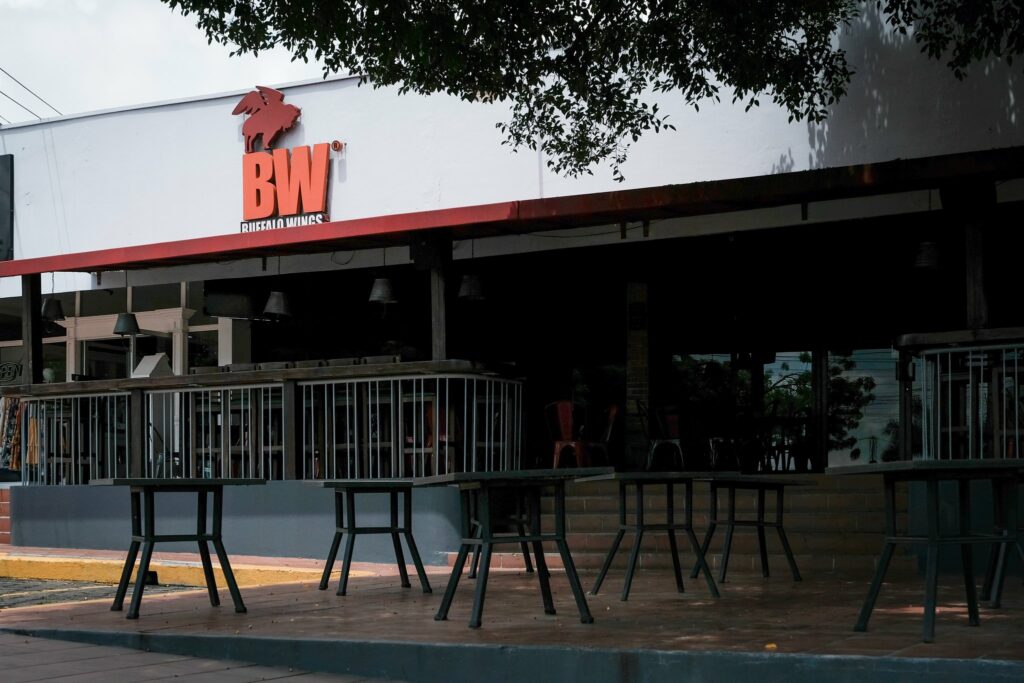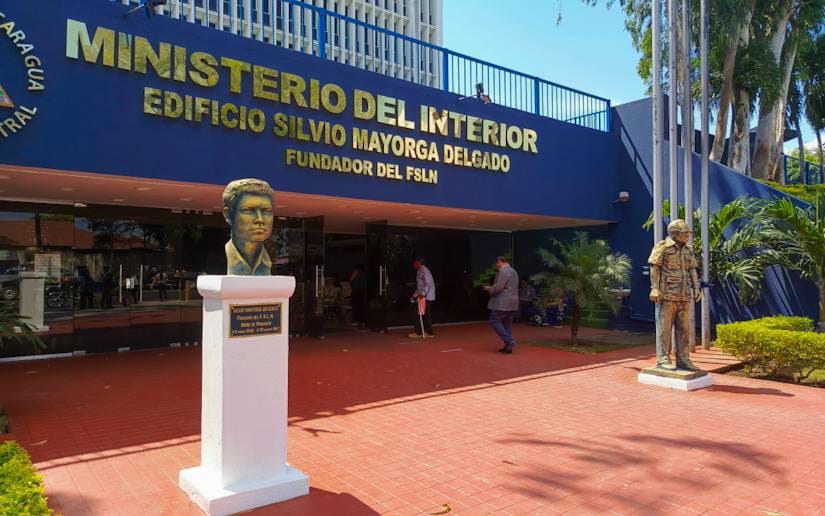Small businesses’ operations are being affected by the new restrictions and requirements imposed by the Ministry of the Interior (MINT) through the “Regulation of Producers, Promoters, and Organizers of Public Artistic Activities, Events, or Shows,” established in Ministerial Agreement No. 05-2024 issued on March 12th.
Initially, it was thought that this regulation would be used for businesses hosting events with local artists and bands, but it has also been used to hinder the organization of entrepreneurship fairs and product exhibitions.
People and businesses organizing these activities now also have to register with the “Registry of Producers, Promoters, and Organizers of Public Artistic Activities, Events, and Shows,” complete all requirements, and provide all the requested information, as indicated by the regulation.
This aims to give the Ortega-Murillo regime complete control over all the events in the country, as well as over the individuals participating in them.
Monitored Entrepreneurship Fairs

Isabel, who has been the owner of a food business for five years, mentions she was going to participate in organizing an entrepreneurship fair scheduled for early April.
However, after the issuance of the MINT regulation, she has met several administrative difficulties in organizing the event.
“I’m facing several requirements regarding an event I was invited to. It’s an open event with a lot of entrepreneurs, but the organization leading the activity was prevented from continuing unless they registered (under the new registry). They asked participants for a lot of documents from the municipality and the General Directorate of Revenues (DGI),” she explains.
Although the fair’s organization proceeded with the new requirements, according to Isabel, smaller entrepreneurs not registered with municipalities or the DGI cannot participate.
“In the end, the fair will happen, but the organization even increased its fixed fee (tax that businesses and entrepreneurs must pay). We didn’t have these kinds of difficulties before. You just had to approach the person organizing the event, they would tell you how much it cost to participate, and that was it, you would set up your stand,” she adds.
According to Isabel, her business is part of such activities at least six times a year, both in entrepreneurship fairs and conventions on various topics like anime, tattoos, and other cultural events.
She explains that her participation in these events not only represents an opportunity to earn significant money but also a way to advertise her business to reach more people.
“They are asking us for certificates from municipalities at the very least. There are businesses that only sell bracelets, jewelry, and accessories, which are small businesses that do not plan to register with the municipality. These fairs were the main places where they could sell in larger quantities, as well as online stores,” she says.
Isabel warns that these new administrative obstacles could reduce these events’ frequency and consequently harm her and other businesses.
Businesses in the wait for more requirements

Although MINT has not yet required businesses that host concerts with musicians and bands to register with the “Registry of Producers, Promoters, and Organizers of Public Artistic Activities, Events, and Shows,” it is something they are anticipating, says Isabel.
In her restaurant, Isabel invites local bands and singers to perform to attract more customers.
“They haven’t told me to register my business as an event organizer yet. I understand it’s for organizations that host massive events, but they haven’t asked restaurants,” she explains.
Luis, a Nicaraguan musician in a band who also requested anonymity, states that the restaurants and businesses where they perform have not canceled their events, and they have been able to perform normally, but he does not rule out that this could change with the new regulation.
“I don’t think the word has spread much about this. Venue owners haven’t been told not to host these concerts yet, nor have they told us artists anything. They haven’t canceled any event for us. This weekend was busy. We had a couple of gigs, and we also have other events planned for the future,” he says.
So far, there is a noticeable lack of understanding and confusion about the MINT regulation among both business owners and artists.
“Some are told to register, others are not. We haven’t been properly informed about the matter,” he comments.





